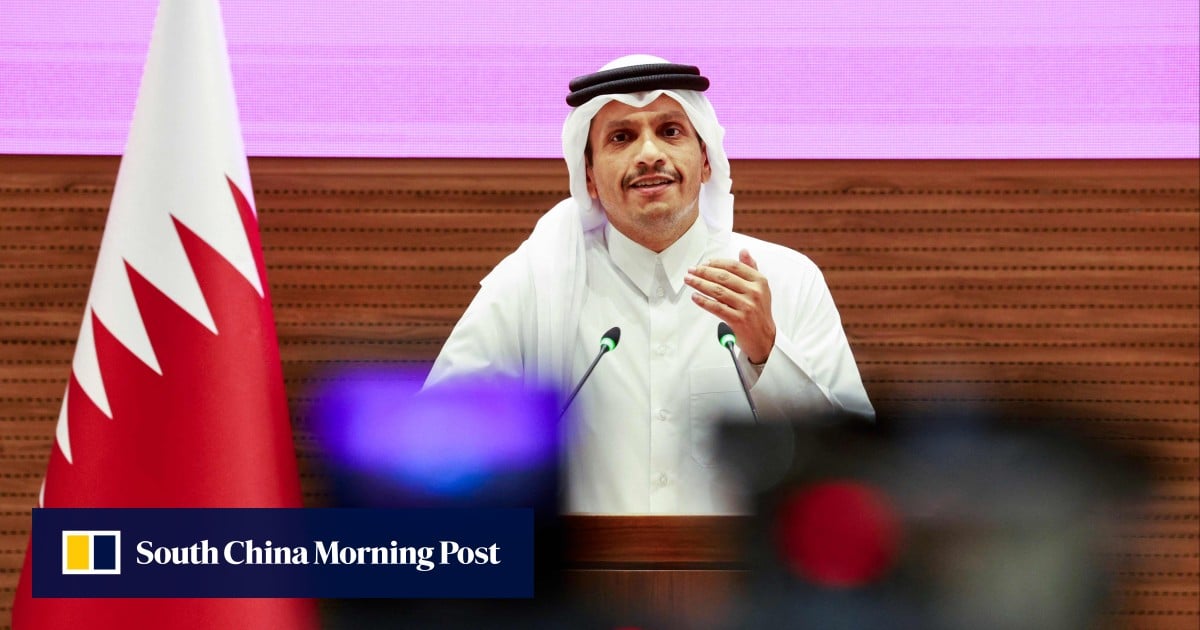Feel strongly about these letters, or any other aspects of the news? Share your views by emailing us your Letter to the Editor at [email protected] or filling in this Google form. Submissions should not exceed 400 wordsThe air strikes by Israel on Qatar on September 9 targeting a Hamas delegation have sparked debate on the evolving threat perception dynamics in the region. It is essential to note that the Middle Eastern political structure operates primarily on the perception of a balance of threat rather than a balance of power.At last week’s Arab-Islamic extraordinary summit, countries expressed solidarity with Qatar and condemned Israel’s strike. Egypt seemed to declare Israel an imminent threat by terming it an “enemy” for the first time since the 1979 peace pact. The hostile reactions of Gulf states like Saudi Arabia, the United Arab Emirates and Bahrain to the attack have raised questions; as analyst Sanam Vakil stated, “Israel has replaced Iran as the biggest security threat”.First, the reconciliation among Gulf arch-rivals – Saudi Arabia and Qatar in 2021, Saudi Arabia and Iran in 2023 – has reduced the threat perception, making hedging a core strategy that allows these countries to focus on economic diversification and domestic concerns. The Israeli offensive on Gaza and the spillover effect further strengthen the need for regional engagement. Mutually assured threat reduction, and securing stability and peace in the region, have thus become crucial to Arab neighbours and Iran.Second, the Gulf monarchies cannot advance the Abraham Accords due to strong public support for the Palestinian cause. Saudi Arabia has remained steadfast in its position that recognition of Gaza would be a precondition for normalising relations with Israel. Moreover, the Gulf Cooperation Council has condemned Israel’s strikes on Qatar, Iran and Syria, raising questions about the future trajectory of negotiations under the Abraham Accords.
Third, the role of the United States as a security guarantor for the Gulf states is being questioned. As a strategic ally of Qatar, it failed to deter Israel’s attack. Recently, Saudi Arabia reportedly abandoned its pursuit of a US defence treaty in return for which it was considering normalising relations with Israel. The deprioritisation of the US in the Middle East could provide greater incentives for Gulf states to adopt hedging strategies and reset their regional ties.
